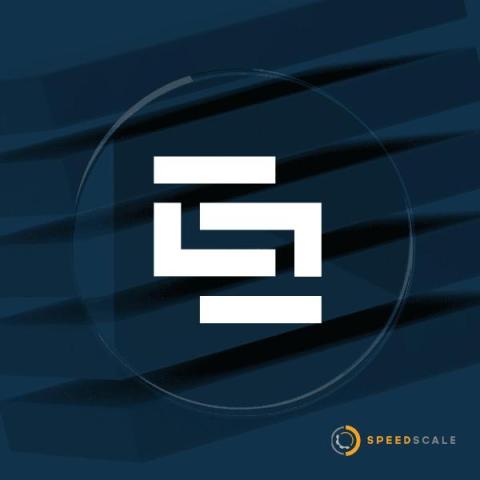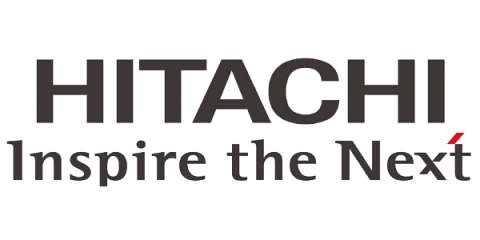Managing Distributed State with GenServers in Phoenix and Elixir
Phoenix and Elixir are designed at their core to build real-time, fault-tolerant applications. With its elegant syntax and the robustness of the Erlang VM, Elixir is an ideal candidate for tackling the challenges of distributed state management. This two-part series will guide Phoenix/Elixir developers through the intricacies of working with Phoenix in a distributed setup.










